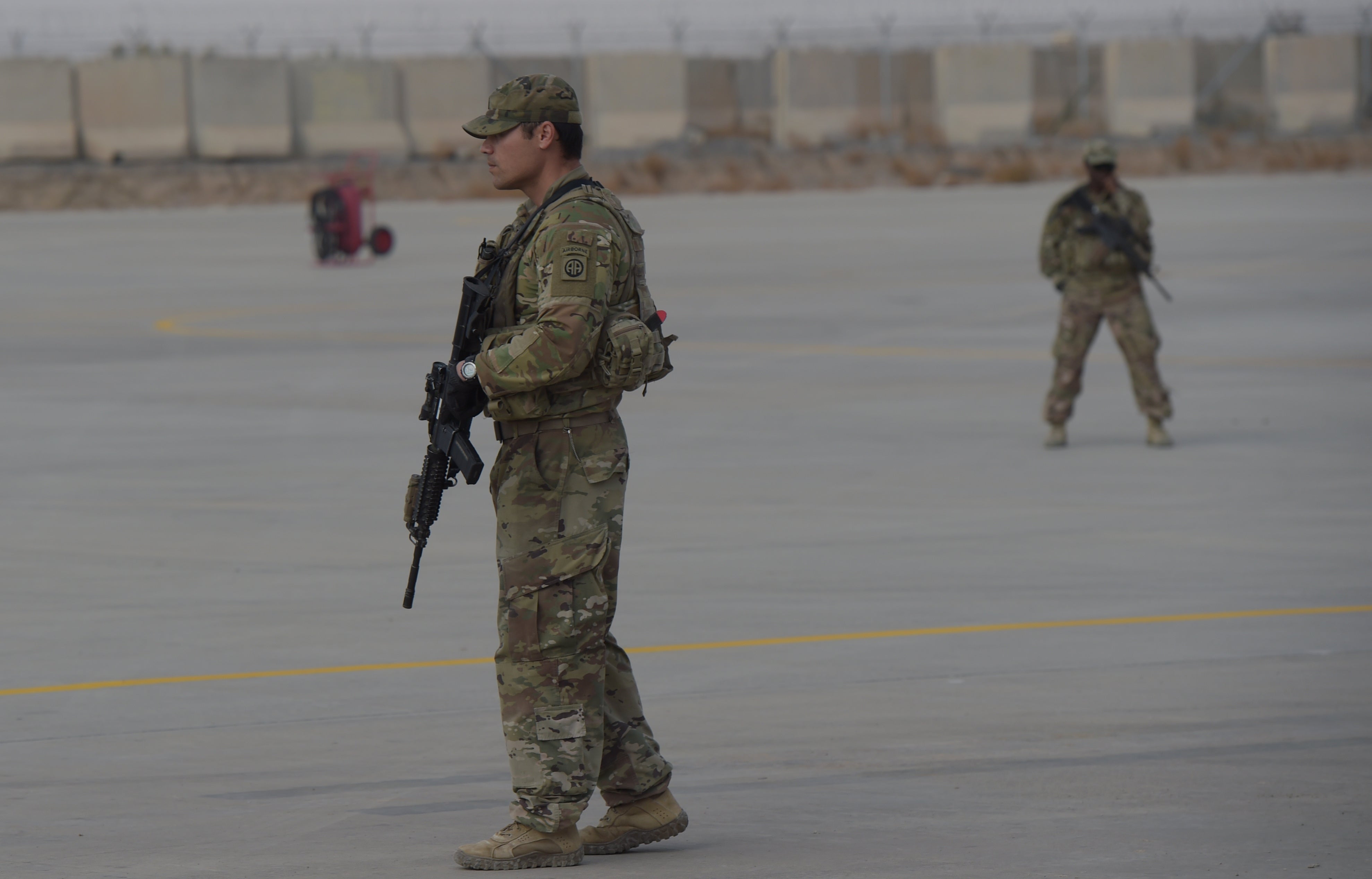US judge blocks Trump sanctions targeting human rights lawyers
In 2020, Trump had imposed sanctions on ICC’s chief prosecutor Fatou Bensouda

Your support helps us to tell the story
From reproductive rights to climate change to Big Tech, The Independent is on the ground when the story is developing. Whether it's investigating the financials of Elon Musk's pro-Trump PAC or producing our latest documentary, 'The A Word', which shines a light on the American women fighting for reproductive rights, we know how important it is to parse out the facts from the messaging.
At such a critical moment in US history, we need reporters on the ground. Your donation allows us to keep sending journalists to speak to both sides of the story.
The Independent is trusted by Americans across the entire political spectrum. And unlike many other quality news outlets, we choose not to lock Americans out of our reporting and analysis with paywalls. We believe quality journalism should be available to everyone, paid for by those who can afford it.
Your support makes all the difference.A US judge on Monday issued a preliminary injunction that will block sanctions by the Trump administration against human rights lawyers for supporting the work of the International Criminal Court (ICC).
In June 2020, Donald Trump had authorised sanctions and visa restrictions on the personnel of the ICC which was investigating alleged war crimes in Afghanistan by both US and Afghan forces alongside a probe into crimes against humanity by the Taliban.
The order had noted that anyone who has “directly engaged in any effort by the ICC to investigate, arrest, detain, or prosecute any US personnel without the consent of the US,” may be subject to the new sanctions.
The injunction was issued by the US district judge Katherine Polk Failla in Manhattan in a case filed in October 2020 by the Open Society Justice Initiative (OSJI), a New York-based human rights group, and four law professors, Diane Marie Amann, Gabor Rona, Milena Sterio, and Margaret deGuzman.
They had argued that the Trump administration’s order violates constitutional rights, including the freedom of speech, and prevents them from carrying out work in support of international justice while noting that it irreparably harms their professional work.
Ms Failla said the plaintiffs would likely succeed in showing that Trump’s order unconstitutionally stifled their speech, resulting in irreparable harm.
“The court is mindful of the government’s interest in defending its foreign policy prerogatives and maximising the efficacy of its policy tools. Nevertheless, national-security concerns must not become a talisman used to ward off inconvenient claims,” Ms Failla wrote in her order.
Andrew Loewenstein, who is the lawyer for the OSJI and the law professors, said the plaintiffs were “thrilled” that the judge considered the sanctions a “gross infringement” of their First Amendment rights.
While James Goldston, executive director of the OSJI, noted that the preliminary injunction “affirms what we have said from the start: the executive order is misguided and unconstitutional, violating our fundamental rights to free speech.”
Mr Goldston said that “rather than spending time defending an order in direct conflict with Washington’s historic support for international justice, the incoming administration should rescind it on day one.”
Trump administration has been vocal against the ICC and its officials for some time now. In 2019, it had revoked the visa of the ICC’s chief prosecutor, Fatou Bensouda.
Before the Trump administration authorised the imposition of sanctions in June 2020, the secretary of state Mike Pompeo had cautioned the ICC against illegitimate investigations. Subsequently, in September 2020, the US administration sanctioned Ms Bensouda.
Additional reporting by agencies





Join our commenting forum
Join thought-provoking conversations, follow other Independent readers and see their replies
Comments